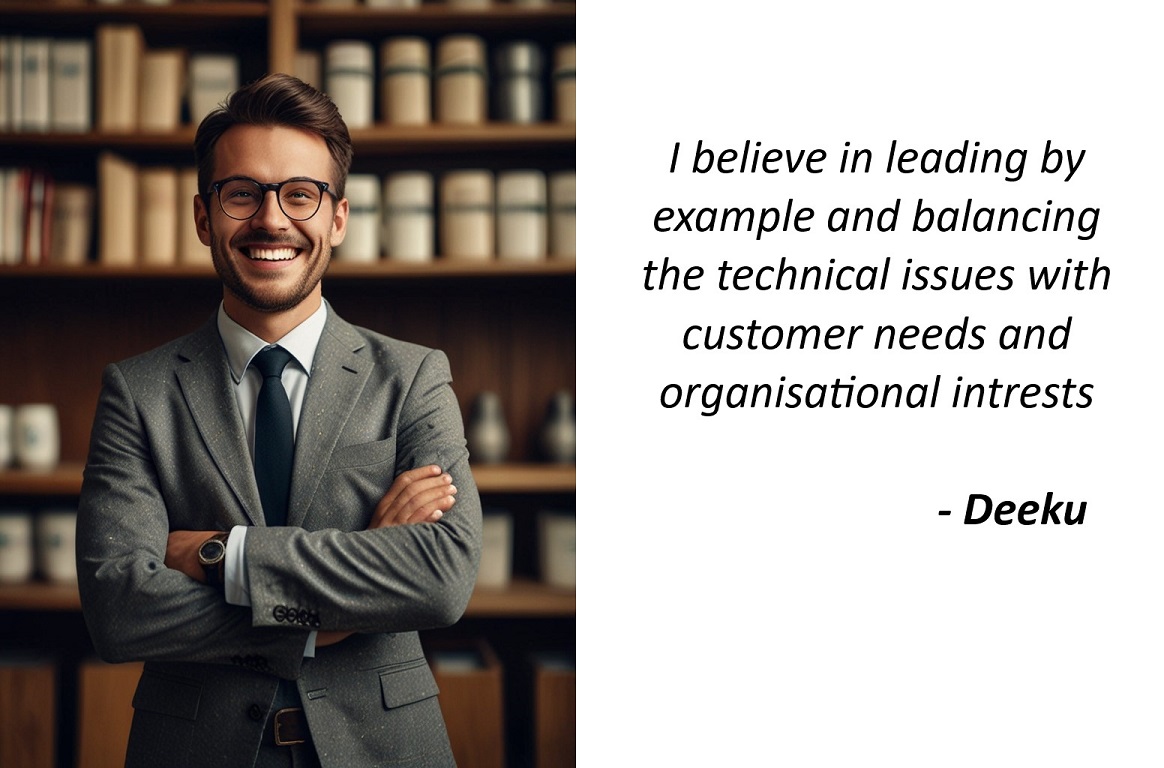Mastering Customer Relationship Management, Insights from a Seasoned Software Engineer

In my long career in software engineering and management, I have worked in many different roles contributing to development, design and architecture, Customer soution advisor, cybersecurity SME, and product management. I enjoyed all the roles and in this short article I woule like to write about Customer Solution Advisor role.
What I loved about this role was working with customers who faced tough problems. I got to see these challenges up close, which helped me stay updated with the latest technologies while solving these issues. Additionally, this role gave me the chance to work directly with C-suite executives, providing valuable insights and contributing to strategic decision-making at the highest levels.
To be successful as a customer solution advisor, it’s crucial to understand what your customers value, their business goals, and their key drivers. It’s equally important to listen to what they are not explicitly saying, allowing us to anticipate challenges that may arise when turning strategy into reality. This deep understanding and proactive approach enable us to help customers achieve their goals.
In customer relationship roles, we move from being advisors to actively helping implement the plans we create. We represent the customer’s voice and focus on making them successful by removing obstacles. Customer advisor or manager roles are equiped with the tools to accelerate our customers’ journey, driving their success every step of the way.
Here are some tips for successful customer engagements:
-
Remember that the customer is always right with respect to their business.
Always prioritize the customer’s perspective and respect their insights about their own business. They understand their needs best. -
Take ownership of the entire process, from start to finish.
Be responsible for every step of the project, ensuring you see it through from initial planning to final delivery. Your commitment is key to success. -
Ensure you deliver results and provide evidence through measurable outcomes.
Focus on achieving tangible results that can be quantified. Use data and metrics to show the effectiveness of your solutions. -
Be prepared to accept mistakes and learn from them.
Acknowledge when things go wrong and view mistakes as learning opportunities. This attitude helps you grow and improve. -
Maintain your success over time.
Continuously strive to uphold the standards that led to your success. Consistency is crucial for long-term achievement. -
Never lose the trust of your customers.
Build and maintain trust by being reliable and honest. Trust is the foundation of strong customer relationships. -
Keep things transparent.
Be open and clear in your communications and actions. Transparency fosters trust and clarity. -
It’s okay to fail, but do not repeat.
Failure is part of the learning process, but avoid making the same mistakes repeatedly. Learn and adapt. -
Don’t keep customers in the dark, don’t make them wait.
Keep your customers informed and updated regularly. Timely communication prevents frustration and builds trust. -
Keep a simpler version of the product that you need to go to market: Minimum Viable Product (MVP).
Start with a basic version of your product that addresses core needs. This allows you to enter the market quickly and gather feedback for improvements.
